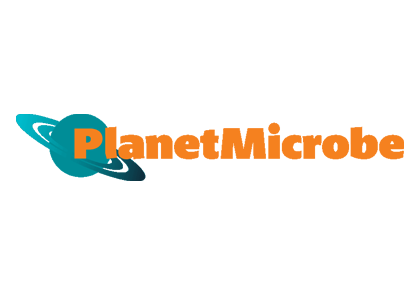Planet Microbe is an NSF funded EarthCube Building Block that arose from the EarthCube Oceanography and Geobiology Environmental ‘Omic (ECOGEO) Research Coordination Network. During the first ECOGEO workshop (August 2015), participants identified data discovery, scalability, and access to computational resources as key challenges limiting progress in marine microbial ecology (see ECOGEO Workshop I Report). To address these challenges, Planet Microbe is being iteratively developed (see The Three Phases of Planet Microbe below) to create a federated resource of database connections that will enable data discovery and open data sharing for historical and on-going oceanographic research efforts. Planet Microbe will provide the community with a platform that integrates ‘omics data and analyses with relevant contextual and environmental data.
As with the ECOGEO RCN, we want Planet Microbe to be driven by your research questions and cyberinfrastructure needs! Follow us on Twitter @planetmicrobe, join conversations on AAAS’s Trellis Platform, and explore the data at iMicrobe. Feedback, suggestions, and requests are encouraged!
If you are attending Ocean Sciences 2018, we are hosting a Town Hall on February 14 (Wednesday) 6:30-7:30pm. Come be our valentine!
The Three Phases of Planet Microbe
Phase I: Integrating Oceanographic Time Series
Planet Microbe is developing an initial prototype for linking ‘omics data from Hawai‘i Ocean Time-series (HOT) and Bermuda Atlantic Time Series (BATS) to the oceanographic data currently available at BCO-DMO. Linking these rich data sources will allow novel connections between data sets to be derived through automated distance-based algorithms and refined through collaborative hand-curation.
Phase II: Interlinking Science Centers and Data Repositories
Once the linking prototype has be validated, additional ‘omics data sets from NSF-funded Science and Technology Centers (STCs), including C-DEBI and C-MORE, will be retrieved from various ‘omics repositories (e.g., JGI/IMG, MG-RAST, NCBI, EBI, etc.) and made queryable through a recommendation algorithm defined and refined by previous scientific queries. Once connections to the various repositories are completed, individual researchers will be able to integrate their own data sets as well!
Phase III: Incorporating EarthCube Projects
Finally, data in Planet Microbe will leverage existing EarthCube funded projects to expand beyond BCO-DMO such as, 1) GeoLink, which also includes Rolling Deck to Repository (R2R) and International Ocean Discovery Program (IODP), 2) SeaView to share collected resources and create a “microbe” user scenario, and possibly 3) GeoDeepDive to discover dark data in historical publications.
By Bonnie Hurwitz (Lead PI, University of Arizona) and Elisha M. Wood-Charlson (Co-PI, University of Hawai‘i at Mānoa)
Collaborations: Lead PI Dr. Bonnie Hurwitz (University of Arizona), PI Dr. Edward DeLong and Co-PI Dr. Elisha Wood-Charlson (University of Hawai‘i at Mānoa), Biological and Chemical Oceanography Data Management Office (BCO-DMO), iMicrobe, CyVerse, Texas Advanced Computing Center (TACC), Woods Hole Oceanographic Institution (WHOI), Hawai‘i Ocean Time-series (HOT), Bermuda Atlantic Time Series (BATS), Center for Dark Energy Biosphere Investigations (C-DEBI), Center for Microbial Oceanography: Research and Education (C-MORE), BIOS-SCOPE, GeoLink, SeaView, and other EarthCube projects.





